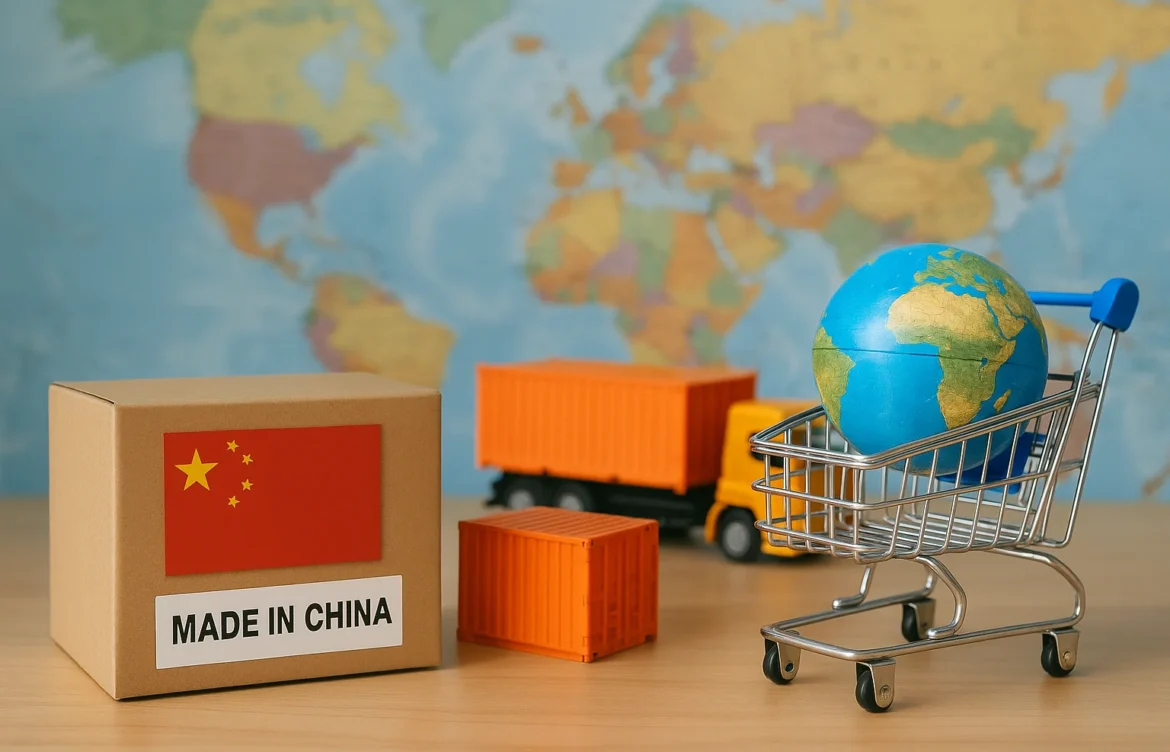
EU’s Crackdown on Chinese Parcels Signals a New Era for Cross-Border E-commerce
The European Commission recently revealed a startling statistic: in 2024 alone, over 4.6 billion small parcels entered the European market, with 91% originating from China. That equates to more than 145 parcels arriving every second—most of them enjoying tariff-free entry under the EU’s current de minimis rules for goods valued under €150.
This flood of low-cost goods has triggered mounting concerns across Europe. French Finance Minister Bruno Le Maire criticized the situation, stating that Chinese parcels not only unfairly compete with local businesses but also contribute to ecological damage. Some products, he pointed out, fail to meet EU safety and regulatory standards.
In response, the European Union is proposing to scrap the exemption for low-value imports, a move that could significantly alter the dynamics of cross-border e-commerce. If implemented, all imported goods, regardless of their value, would be subject to VAT and potentially customs duties.
This policy shift could have profound implications. Chinese e-commerce giants like Shein and Temu, which have built their European success on low-cost, fast-shipping models, may face increased operational costs, slower customs clearance, and reduced price competitiveness. Meanwhile, European retailers, long pressured by ultra-cheap imports, might finally see a more level playing field.
The EU’s actions reflect broader tensions between open trade and economic sovereignty. As global e-commerce continues to boom, balancing consumer access to affordable goods with fair taxation, environmental responsibility, and product safety has become an urgent challenge. The next few years will be crucial for reshaping the rules of global trade—and companies on all sides will need to adapt quickly.
